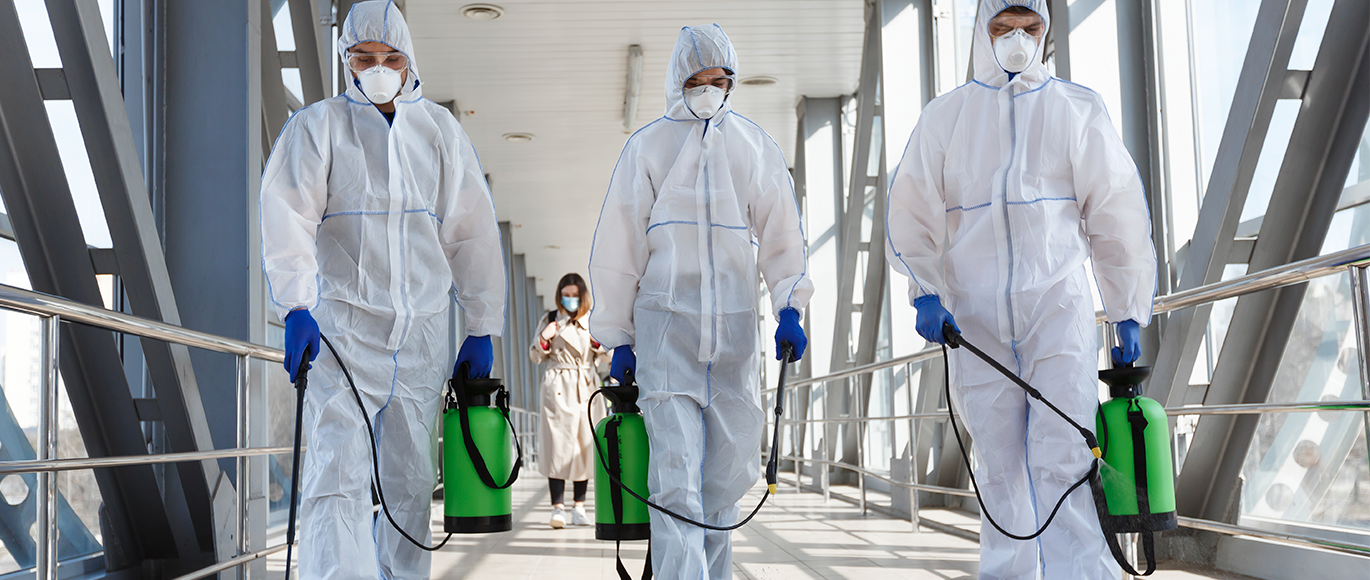
Businesses across the country are planning how best to reopen establishments that have been closed during the COVID-19 pandemic. Our experts are equipped to assist with the additional health and safety concerns that may occur. Business owners and building managers will need to assess their sites to determine cleaning needs, review energy usage, and safeguard indoor plumbing systems.![]()
- Industrial Hygiene: Our industrial hygienists have been working with existing clients and public health officials to develop cleaning protocols to decontaminate buildings impacted by the virus. Our industrial hygienists provide third-party oversight of cleaning and sanitation to ensure recommended CDC procedures are being performed properly. These same protocols can be applied to buildings that are preparing to reopen to ensure the highest level of safety for tenants and employees.
- Energy Efficiency: With most commercial buildings experiencing abnormal occupancy and operation, building operators and managers face unique challenges. The focus for operating buildings that still have significant occupancy should be on indoor air quality and occupant health. Energy usage will likely increase due to the recommended measures. If buildings are partially occupied, make adjustments via the building automation or controls system related to HVAC equipment operation to reduce energy consumption if possible. Regardless of occupancy level, during the COVID-19 outbreak period, air handling equipment filters should be replaced more frequently.
- Water/wastewater: Indoor plumbing systems may see adverse impacts as a result of being shut down for several weeks. The chlorine residual that keeps drinking water disinfected can “burn off”, which allows bacteria to grow in the stale water. Among the greatest bacteria concerns is the growth of legionella, which is found in chlorine-absent water plumbing, and attacks lung tissue causing severe pneumonia-like symptoms. Concern is especially critical where water temperatures are between 75 to 110 degrees and contaminated water can become airborne, such as showers, hot tubs, and fountains.
If you are interested in learning about possible funding solutions, our grant writers can help you explore available funding for COVID-19 relief and for projects.
For more information on any of the aforementioned services, please reach out to info@pennoni.com. ![]()